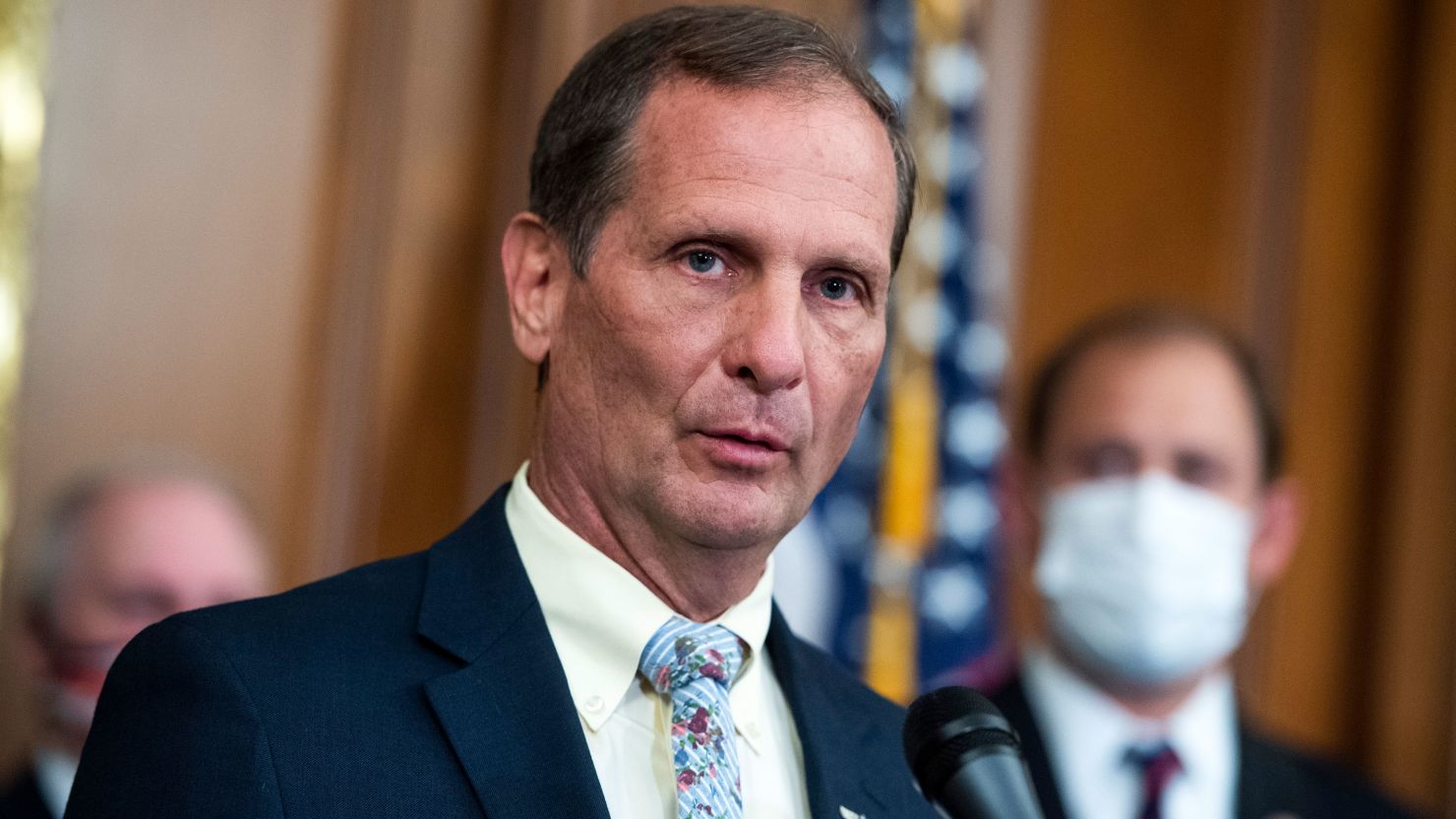Republican Rep. Chris Stewart of Utah announced Wednesday that he planned to resign from Congress, citing his wife’s health.
“My wife and I have made so many dear friends and memories throughout our journey,” Stewart said in a statement from his office. “I can say with pride that I have been an effective leader for my beloved home state, and I’m honored to have played an important role in guiding our nation through some troubled times. But my wife’s health concerns have made it necessary that I retire from Congress after an orderly transition can be ensured.”
Stewart’s statement did not specify when he would leave.
House Speaker Kevin McCarthy said on Fox News that Stewart had told him of his decision on Tuesday.
“I talked to Chris yesterday, and you’ve got to understand why he’s doing this – it’s the character of who he is, it’s because of his wife and taking care of his wife,” McCarthy said. “It’s the decision everybody should make at that time. He has sacrificed, his family has sacrificed, but at this moment right now his spouse needs him. So he’s made that decision. It was not an easy decision for him. But we will continue to hold that seat.”
The Salt Lake Tribune first reported that the Utah Republican plans to step down from Congress, which could happen as soon as this week.
Stewart, a former Air Force pilot, sits on two coveted committees: the House Intelligence Committee and the House Appropriations Committee.
Though McCarthy has a narrow majority in the House, Stewart’s seat – Utah’s 2nd congressional district – is considered reliably red. Stewart won by about 25 points in 2022.
In Utah, the governor will call for a special election and primary to fill the vacant House seat. The primary special election has to be more than 90 days after the day on which the governor issues the proclamation announcing the election, and then the general special election has to be more than 90 days after the primary special election.





